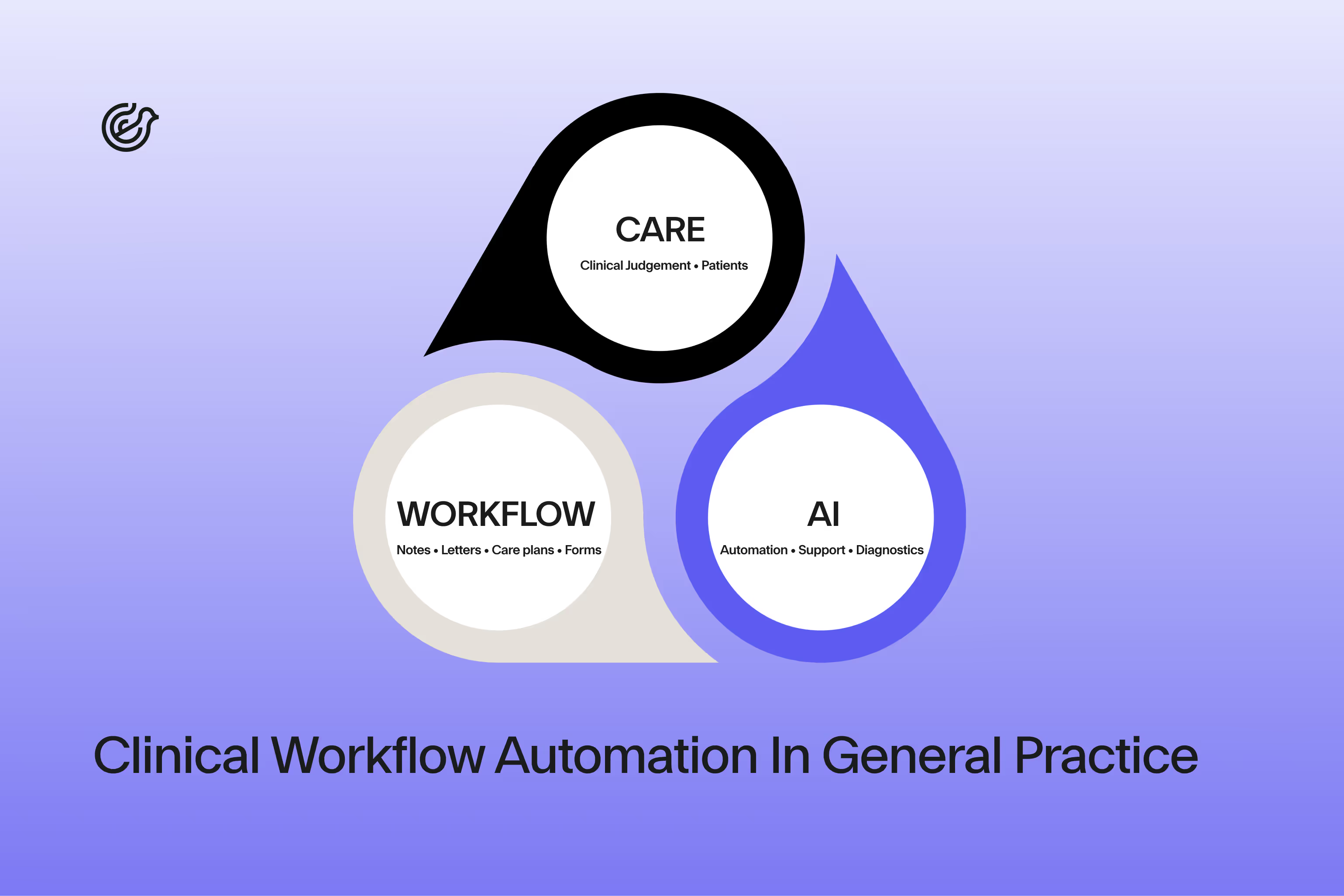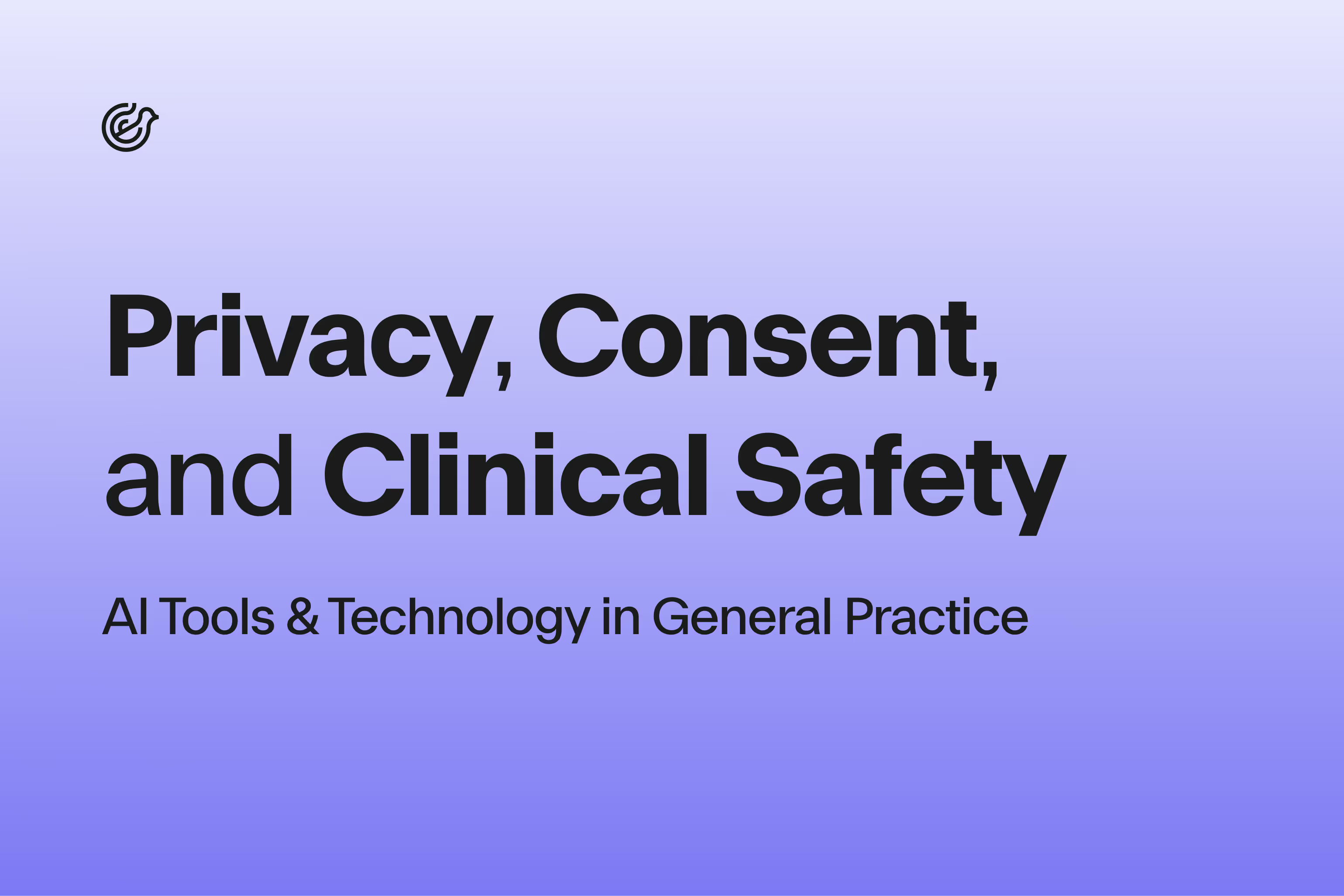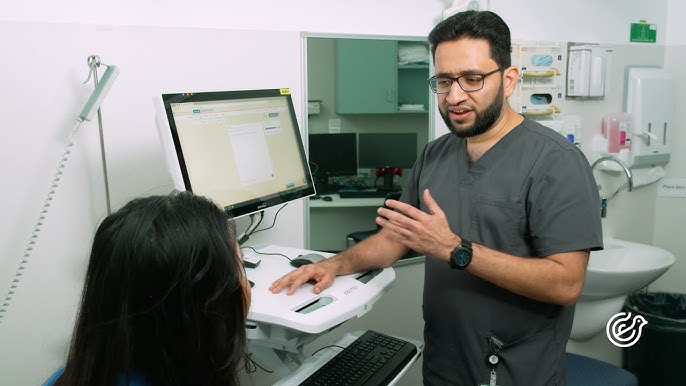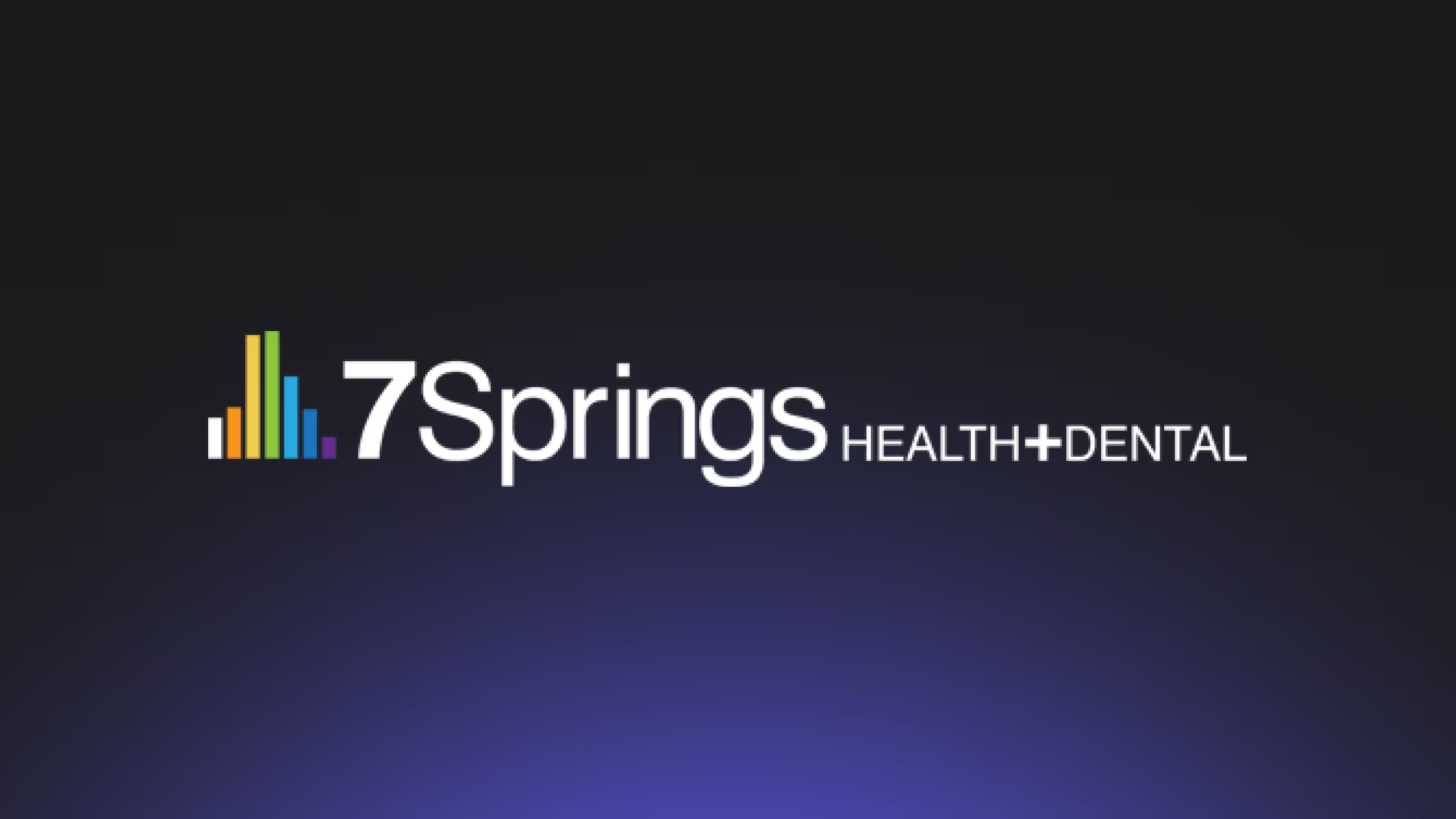Harnessing the Potential of ChatGPT: The Key to Elevating Your Vitamin D Levels


The importance of Vitamin D for overall health
Vitamin D is an essential nutrient that plays a crucial role in maintaining our overall health. It is responsible for regulating calcium and phosphate levels in our bodies, which are essential for strong bones, teeth, and muscles. Additionally, Vitamin D supports our immune system, helps reduce inflammation, and promotes healthy brain function.
Unfortunately, many individuals suffer from low Vitamin D levels, which can lead to a range of health issues. Symptoms of low Vitamin D include fatigue, muscle weakness, bone pain, and depression. In order to maintain optimal health, it is important to understand the significance of Vitamin D and take steps to ensure we have adequate levels.
Understanding low Vitamin D levels and its symptoms
Low Vitamin D levels, also known as Vitamin D deficiency, are a common problem worldwide. There are several factors that can contribute to low levels, including limited sun exposure, certain medical conditions, and a lack of Vitamin D-rich foods in the diet.
Symptoms of low Vitamin D can vary from person to person, but some common signs include fatigue, muscle weakness, bone pain, frequent illness or infections, and mood changes such as depression or anxiety. If you suspect you may have low Vitamin D levels, it is important to consult with a healthcare professional for proper diagnosis and treatment.
Foods high in Vitamin D to include in your diet
One of the most effective ways to increase your Vitamin D levels is by incorporating foods that are rich in this essential nutrient into your diet. Some excellent sources of Vitamin D include fatty fish such as salmon, mackerel, and sardines. These fish are not only high in Vitamin D but also contain healthy omega-3 fatty acids that are beneficial for heart health.
Another great source of Vitamin D is fortified dairy products like milk and yogurt. These products have Vitamin D added to them during processing, making them an excellent choice for those looking to boost their Vitamin D intake. Additionally, egg yolks, fortified cereals, and mushrooms are also good sources of this vital nutrient.
How much Vitamin D should you take? Recommended daily intake
The recommended daily intake of Vitamin D varies depending on age, sex, and overall health. The general guideline for most adults is to aim for 600-800 international units (IU) per day. However, individuals with low Vitamin D levels may require higher doses to bring their levels back to normal.
It is important to note that getting Vitamin D from sunlight alone can be challenging, especially for those living in regions with limited sun exposure. In such cases, dietary sources and supplementation become essential. It is always best to consult with a healthcare professional to determine the appropriate dosage of Vitamin D for your specific needs.
The benefits of ChatGPT in optimising Vitamin D levels
In recent years, there has been a surge in the development of artificial intelligence (AI) tools that can assist individuals in optimising their health. One such tool is ChatGPT, a language model that utilises machine learning algorithms to provide personalised recommendations for improving Vitamin D levels.
ChatGPT can analyse an individual's health history, lifestyle factors, and specific needs to generate tailored suggestions for increasing Vitamin D intake. This AI-powered tool takes into account factors such as age, gender, dietary preferences, and any underlying health conditions to provide accurate and personalised advice.
How ChatGPT can provide personalised recommendations for increasing Vitamin D
ChatGPT uses a combination of natural language processing and machine learning algorithms to understand and respond to user queries regarding Vitamin D. By inputting information about your current Vitamin D levels, dietary habits, and lifestyle factors, ChatGPT can generate personalised recommendations to help you increase your Vitamin D intake.
For example, if you are a vegetarian, ChatGPT can suggest plant-based sources of Vitamin D such as fortified plant milk, tofu, and mushrooms. If you have a busy schedule and limited time for sun exposure, ChatGPT can recommend suitable Vitamin D supplements to ensure you meet your daily requirements.
Case studies: Real-life examples of individuals who improved their Vitamin D levels using ChatGPT
Numerous individuals have successfully improved their Vitamin D levels with the help of ChatGPT. Let's take a look at a few real-life examples:
- Sarah, a 35-year-old office worker, was experiencing persistent fatigue and muscle weakness. After consulting with ChatGPT, she discovered that her low Vitamin D levels were contributing to her symptoms. With personalised recommendations from ChatGPT, including increasing her intake of Vitamin D-rich foods and taking a daily supplement, Sarah was able to improve her energy levels and overall well-being.
- John, a 50-year-old man, had been diagnosed with osteoporosis, with the help of Lyrebird Health due to low bone density. Through ChatGPT, he learned about the importance of Vitamin D in bone health. By following the recommended dietary changes and incorporating regular sunlight exposure, John saw a significant improvement in his bone density and overall bone health.
These case studies demonstrate the power of ChatGPT in guiding individuals towards optimal Vitamin D levels and improving their health outcomes.
ChatGPT vs. traditional methods of managing Vitamin D levels
Traditionally, managing Vitamin D levels involved consulting healthcare professionals, undergoing blood tests, and relying on general dietary advice. While these methods are still valuable, the use of ChatGPT offers several advantages.
Firstly, ChatGPT provides personalised recommendations that take into account individual needs and preferences. It offers a more tailored approach compared to traditional methods, which may provide generalised advice.
Secondly, ChatGPT is accessible anytime, anywhere, making it a convenient tool for individuals seeking to optimise their Vitamin D levels. It eliminates the need for scheduling appointments and waiting for professional advice.
Tips for effectively utilising ChatGPT to elevate your Vitamin D levels
To make the most of ChatGPT in optimising your Vitamin D levels, consider the following tips:
- Provide accurate information: Ensure you input accurate data about your current health status, including any pre-existing medical conditions or dietary restrictions. This will help ChatGPT generate more precise recommendations.
- Follow through with recommendations: Implement the personalised suggestions provided by ChatGPT consistently. Whether it's increasing your intake of certain foods or taking a Vitamin D supplement, consistency is key to achieving desired outcomes.
- Seek professional advice: While ChatGPT is a valuable tool, it should not replace professional healthcare advice. If you have any concerns or questions, consult with a healthcare professional who can provide additional guidance and support.
Embracing the power of ChatGPT for better health
Harnessing the potential of ChatGPT can be a game-changer when it comes to optimising your Vitamin D levels. With its ability to provide personalised recommendations, ChatGPT offers a convenient and effective solution for individuals looking to elevate their Vitamin D levels and improve their overall health.
By understanding the importance of Vitamin D, incorporating Vitamin D-rich foods into your diet, and utilising ChatGPT's AI-powered capabilities, you can take proactive steps towards achieving optimal Vitamin D levels. Remember, a healthy level of Vitamin D is not just vital for strong bones and teeth, but also for supporting your immune system and overall well-being. Start embracing the power of ChatGPT today and unlock the potential for better health.








